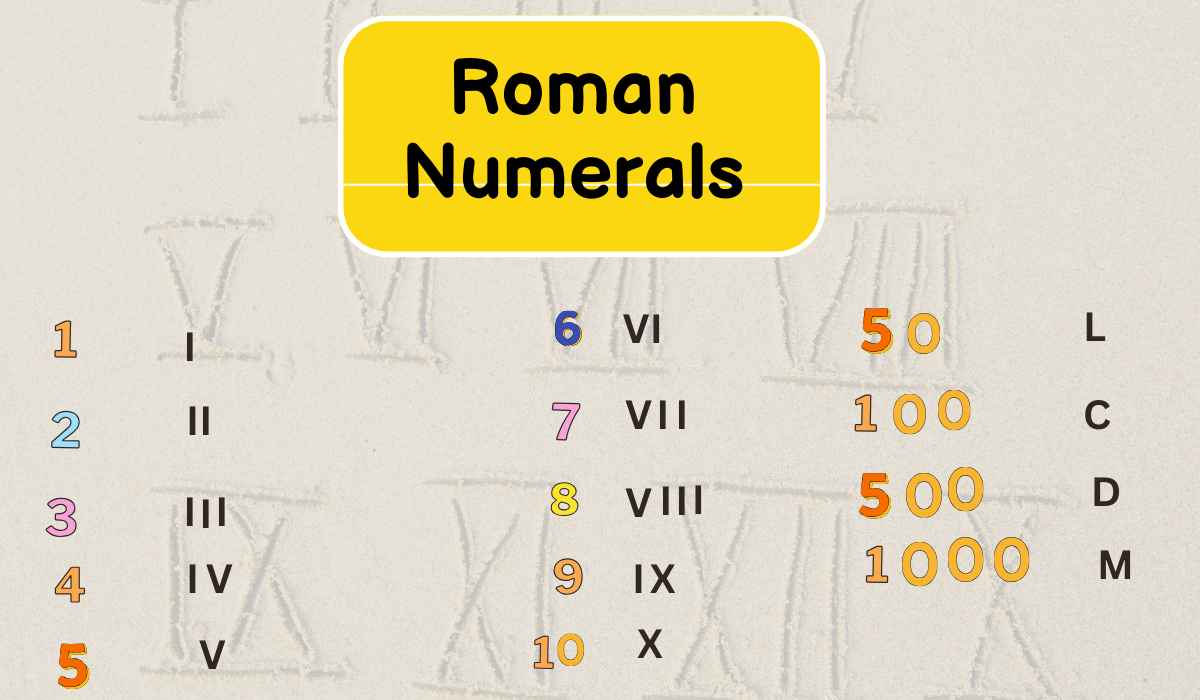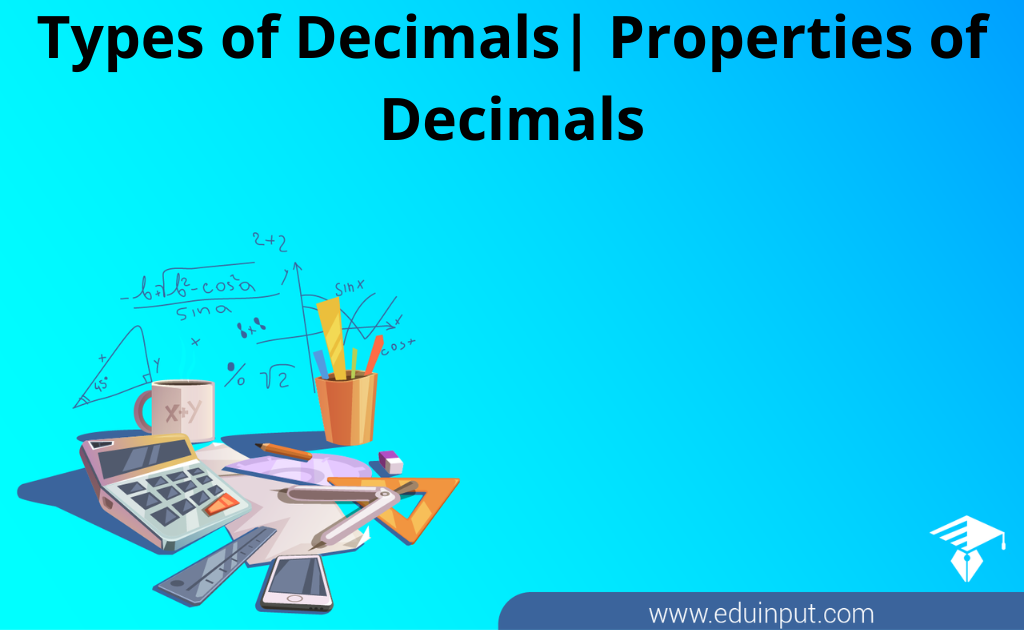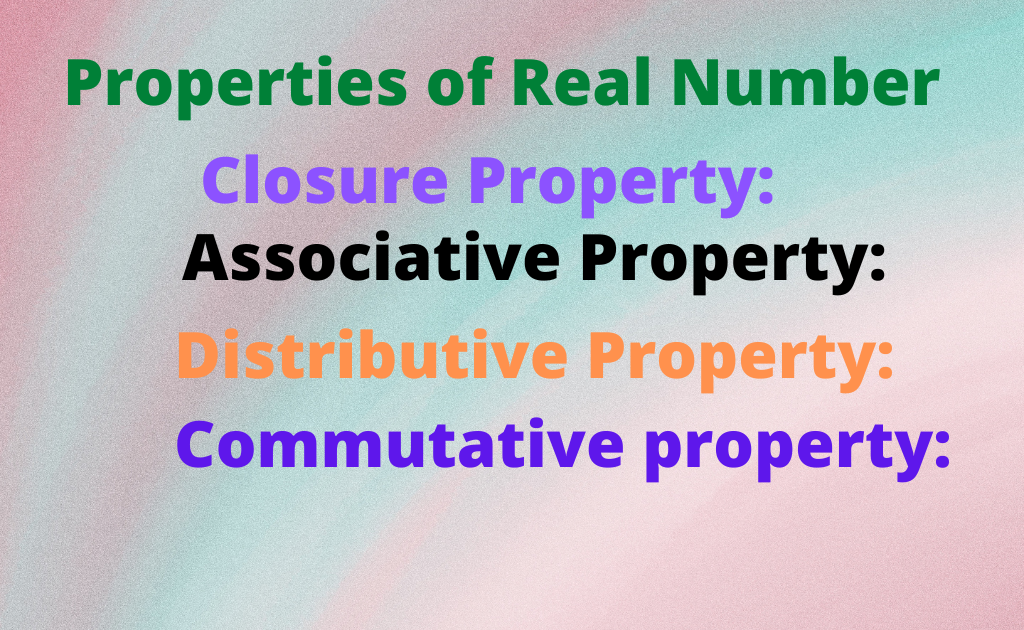What are the Properties of Whole Numbers?
There are different properties of whole numbers that help us to perform operations on whole numbers. These properties define the characteristics of operations. In this article, we learn the properties of whole numbers under multiplication, and division, under addition, and subtraction.
Whole Numbers are the set of counting numbers along with the number 0. The set of whole numbers in mathematics is given as {0, 1, 2, 3, …} which is denoted by the symbol W.in this article describes the properties of whole numbers with an example
Properties of whole numbers
The basic operations on whole numbers: subtraction, addition, multiplication, and division, learn four main properties of whole numbers that are given below:
- Closure Property of the whole number
- Associative Property of the whole number
- Commutative Property of the whole number
- Distributive Property of the whole number
- Closure Property
The sum and product of two whole numbers result is always a whole number.
For example, 5 + 2 = 7 (whole number),
7 × 2 = 14 (whole number).
- Associative property
The sum or product of any three whole numbers remains the same even if the grouping of numbers is changed.
For example, when we add the following numbers we get the same sum
5 + (2 + 3) = (5 + 2) + 3 = 10
Similarly, when we multiply the following numbers we get the same product no matter how the numbers are grouped: 3 × (5 × 4) = (3 × 5) × 4 = 60.
- Commutative property
The sum and the product of two whole numbers remain the same even after interchanging the order of the numbers. This property states that a change in the order of addition does not change the value of the sum.
Let ‘a’ and ‘b’ be two whole numbers. According to the commutative property a + b = b + a. For example, a = 5 and b = 7 ⇒ 5 + 7 = 7+5=12 this property also holds true for multiplication, but not for subtraction and division.
Example:
2X4=8 and 4×2=8
5 × 6 = 30 and 6 × 5 = 30.
- Distributive property
This property states that the multiplication of a whole number is distributed over the sum or difference of the whole numbers. It means that when two numbers,
For example, a and b are multiplied with the same number c and are then added, then the sum of a and b can be multiplied by c to get the same result. This property can be denoted as: a × (b + c) = (a × b) + (a × c). Let a = 10, b = 20 and c = 7 ⇒ 10 × (20 + 7) = 270 and (10 × 20) + (10 × 7) = 200 + 70 = 270. The same property is true for subtraction as well.
For example, we have a × (b − c) = (a × b) − (a × c). Let a = 10, b = 20 and c = 7 ⇒ 10 × (20 − 7) = 130 and (10 × 20) − (10 × 7) = 200 − 70 = 130.
Additive identity
When a whole number is added to 0, its value do not change, i.e if b is a whole number then b + 0 = 0 + b = b.0 is called additive identity.
For example
4+0=0+4=4
5+0=0+5=5
Multiplicative identity
When a whole number is multiplied by 1, its value remains constant or unchanged, i.e., if b is a whole number then b × 1 = b = 1 × b. 1 is said to be a multiplicative identity.
For example:
6×1=1×6=6
12×1=1×12=12
Multiplication by zero
When a whole number is multiplied by 0, the answer is always 0,
For example: b × 0 = 0 × b = 0. and
5 × 0 = 0.
Division by zero
The division of a whole number by 0 is not defined, for example: if b is a whole number then b/0 is not defined.

 written by
written by 




Leave a Reply